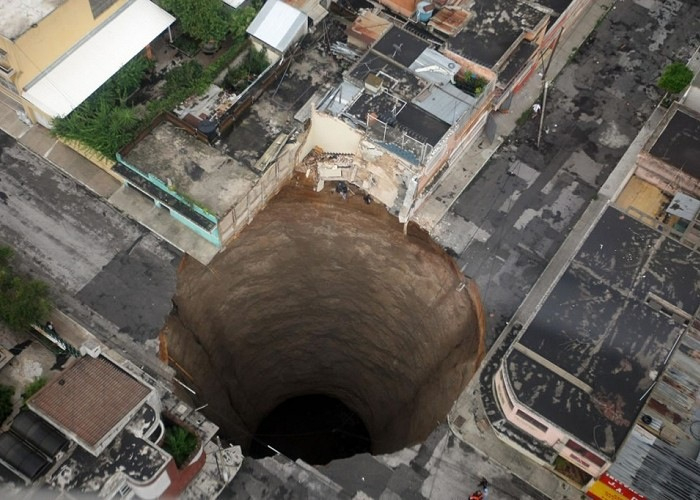
Calling for the largest tax increase in the city’s history, Chicago Mayor Rahm Emanuel announced a plan on Tuesday that would phase in a $2.5 billion increase in taxes and fees over the next four years.
The breakdown of the tax hikes in the 2016 budget is as follows:
- A property-tax hike reaching $543 million over four years
- $45 million in property taxes to pay for capital projects at Chicago Public Schools, or CPS
- $62 million from a new garbage-collection fee
- $60 million from new fees on taxis and ridesharing services, such as Uber and Lyft
- $13 million from higher building-permit fees
- $1 million from a tax on e-cigarettes
Chicago is facing a $230 million overspending problem in the 2016 budget as well as an ominous $20 billion in unfunded pension liabilities. Not only would his ridiculous tax increases not even begin to fill the hole in the Chicago’s budget, but they will only serve to drive people out of the city to more favorable tax climates.
Prior to announcing the onerous tax hikes during his budget address, Mayor Emanuel said: “For the first time in more than a decade, more people and businesses are moving into Chicago than moving out.”
However, a detailed map of the state charting the taxpayer flight shows that Cook County has far and wide been the source of the greatest population and wealth losses for the state over the last 30 years.
As we reported, Illinois was the nation’s second biggest loser in terms of population and wealth in 2013. Nearly 69,000 people left the state that year, taking with them $3.8 billion in net adjusted gross income (AGI).
Taxpayers are unwilling to continue to shoulder the burden of the city’s mounting debts. The steadily increasing out-migration from the city over the last several years proves that if you raise taxes people will leave. When people leave, your tax base shrinks. Mayor Emanuel continues to ignore the fact that the flight from the Windy City means revenues will fall far short of what is projected or needed to fill the deficit.
What the city really needs are major pension and spending reforms, not higher taxes that will only burden Chicagoans and paper over the bleak financial situation facing the city.

